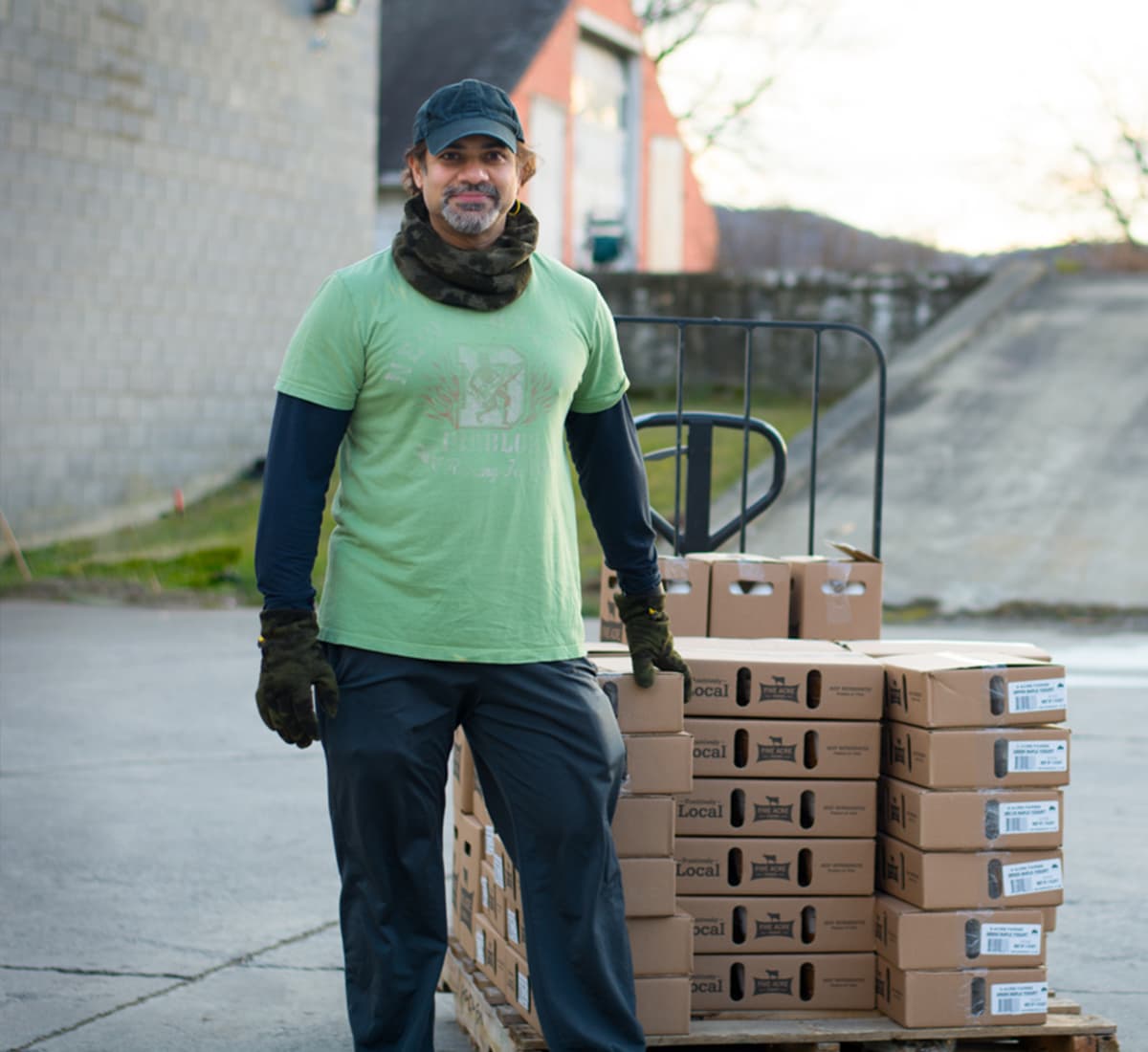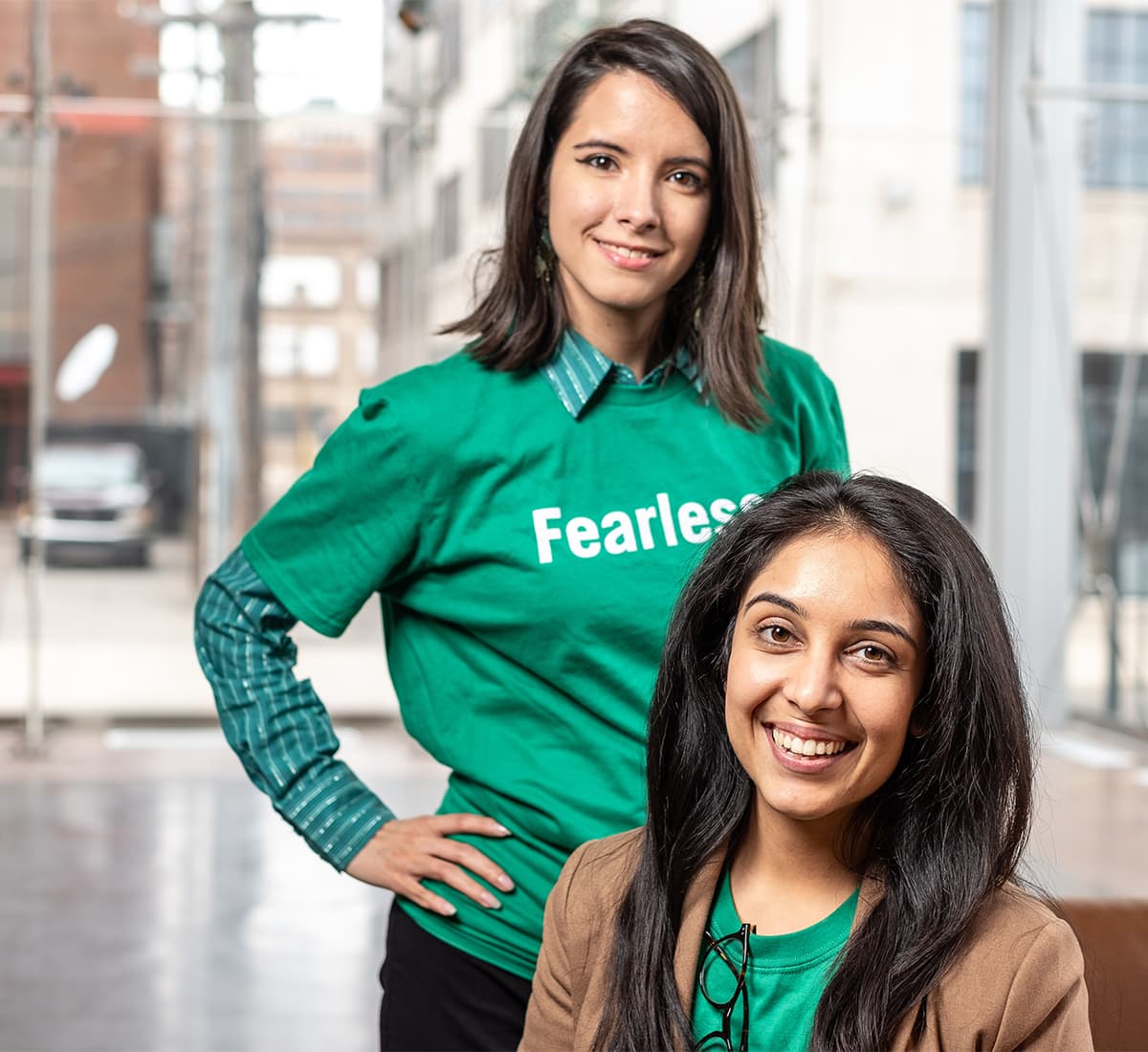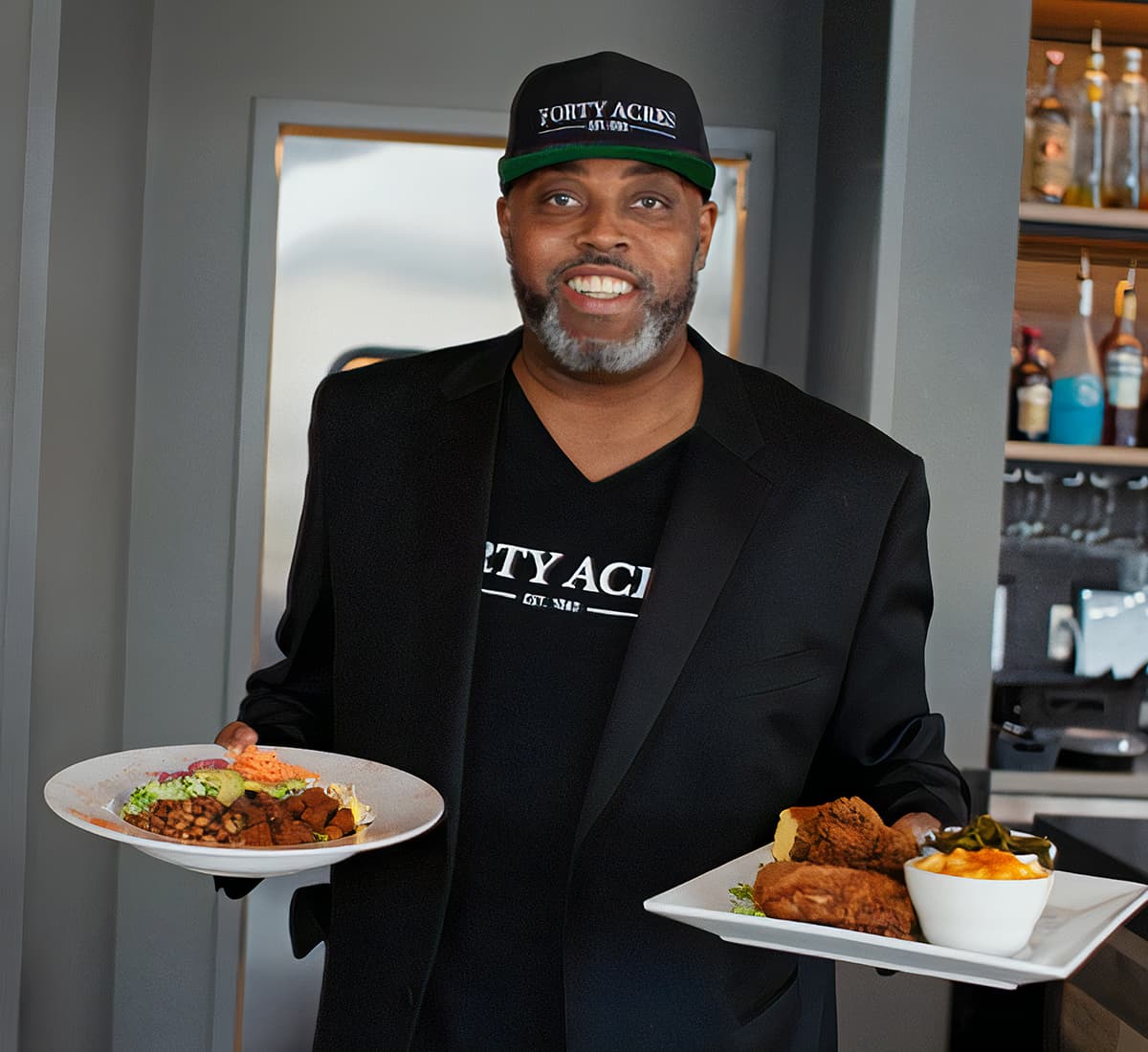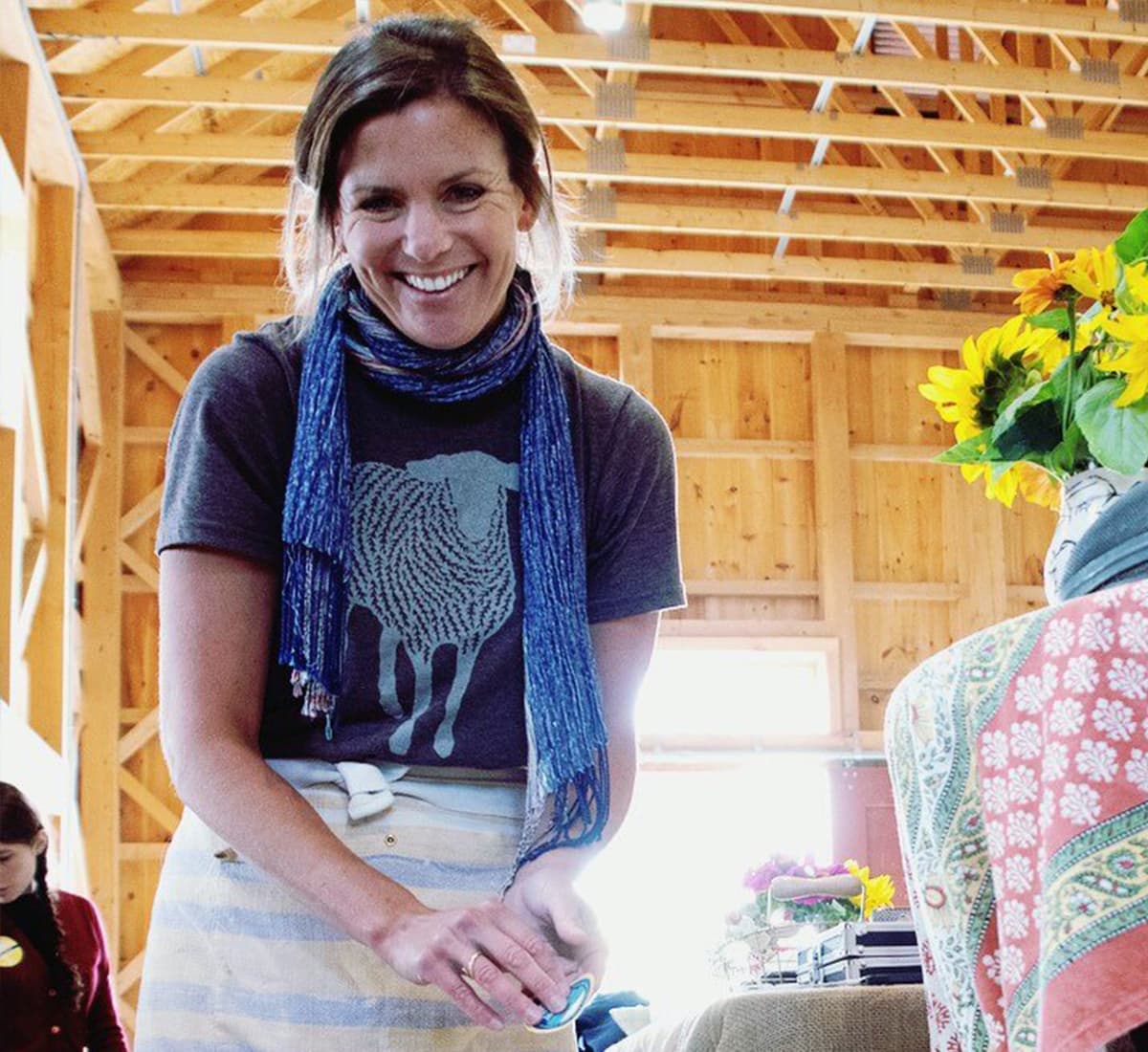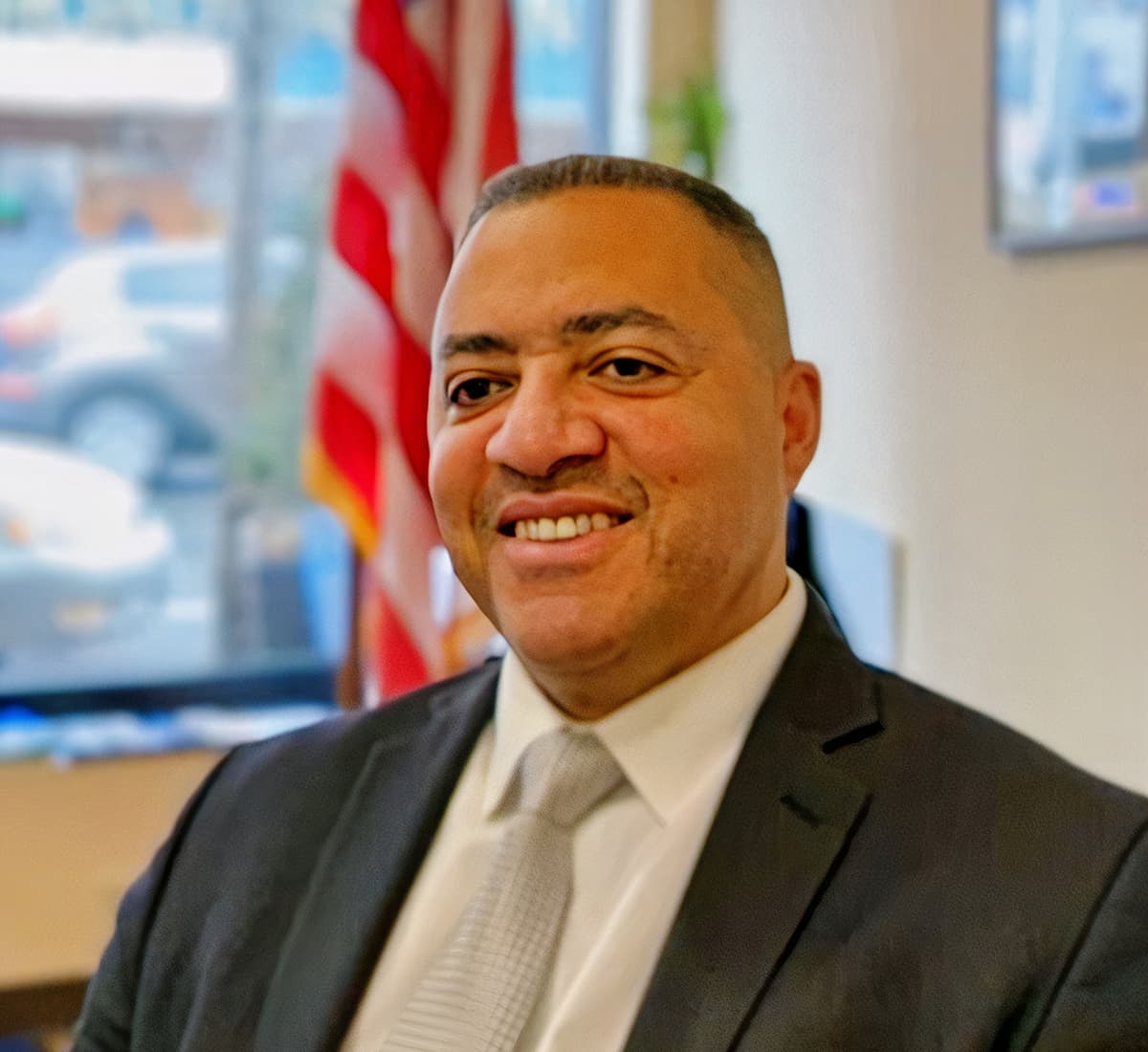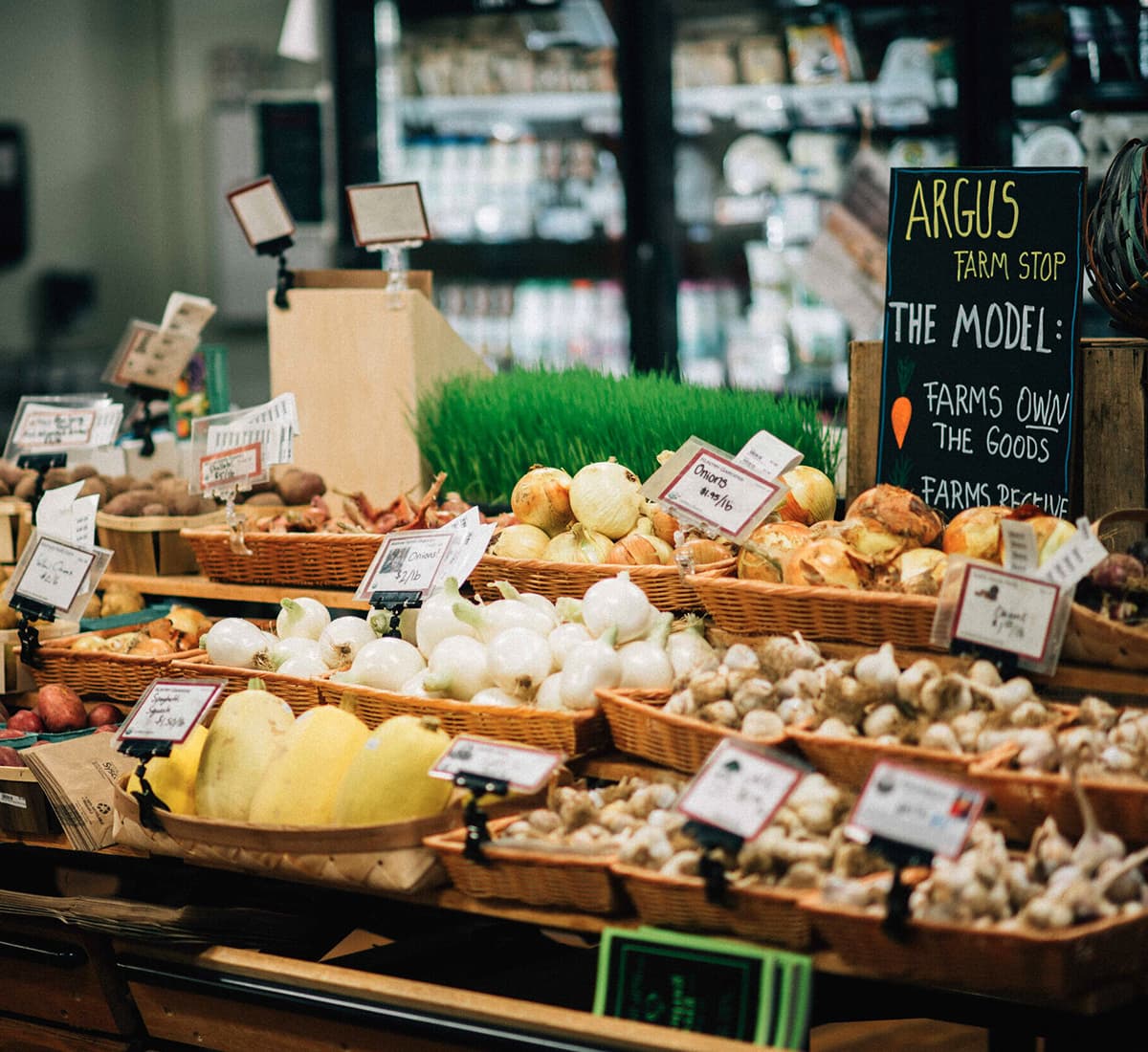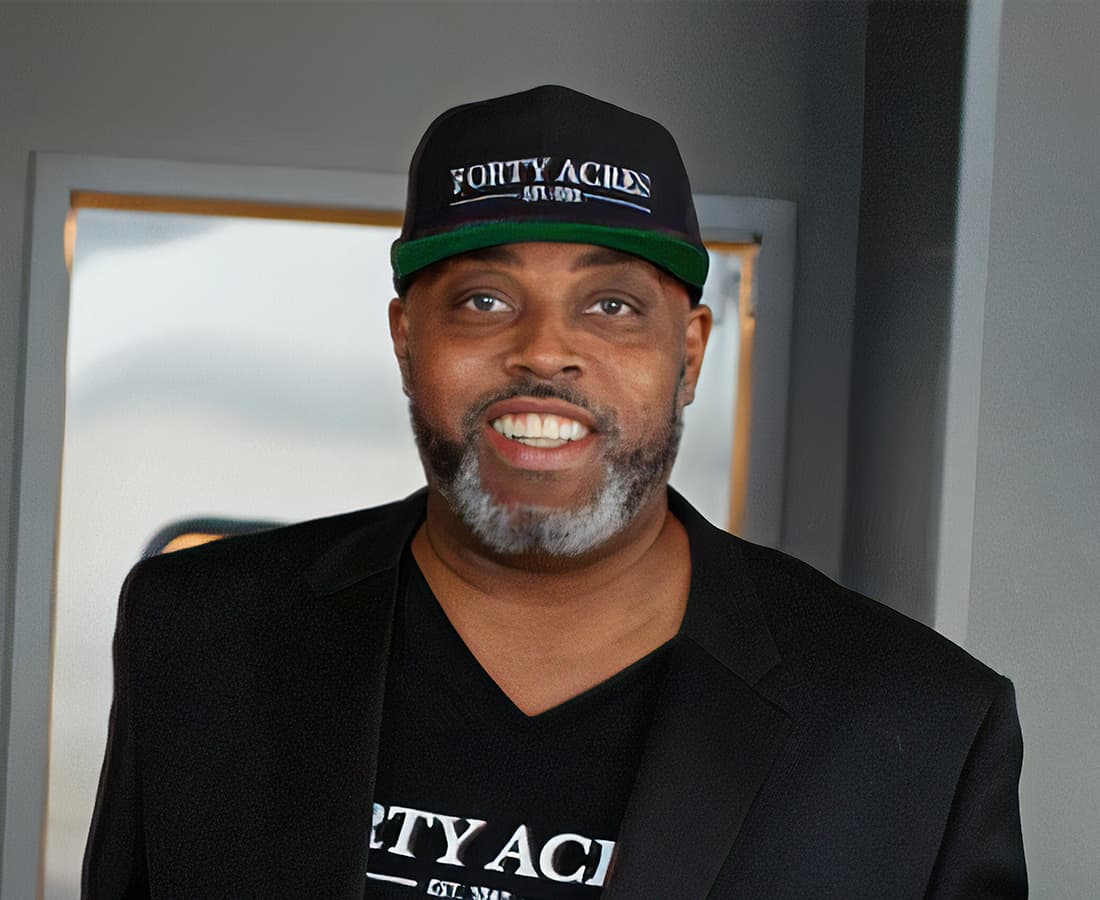
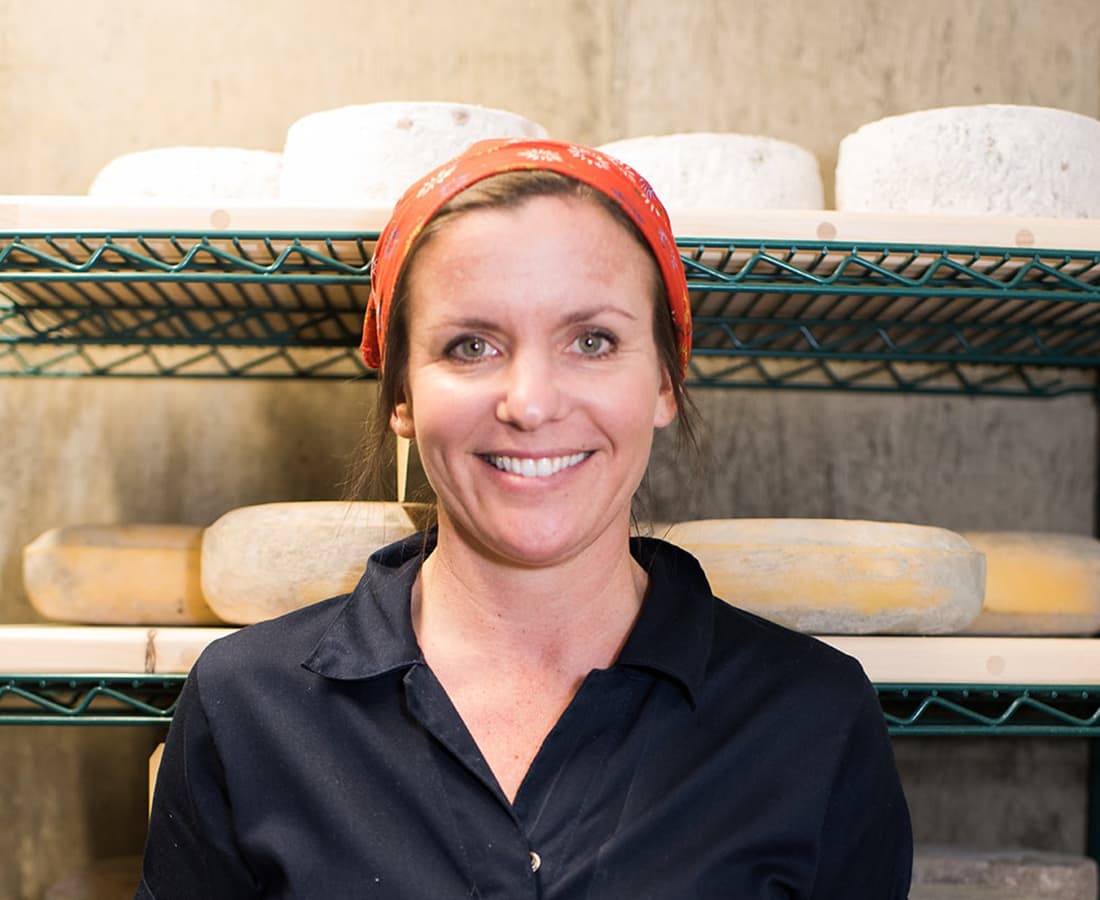
EXPLORE OUR PLACE-BASED WORK
Portfolio Overview
Finances Committed
(through Dec. 31, 2020)
Financing Outstanding
Investment Income
Total Investments (Since Inception)
Default rate
As of Dec. 31, 2020, the annualized default rate since the Fund’s inception (2012) is 1.3% or 11% cumulatively. This includes all realized write offs on an investment of a capital pool of $3.58 million.
Type of Business
Type of Structure
Financials
Balance Sheet
Assets
Cash
$1,250,459
Accounts Receivable
$14,022
PRI Loans Committed
$0
FFF Investments Outstanding
$2,472,017
Total Assets
$3,736,498
Liabilities and Net Assets Expenses
Loans Payable
$710,225
Accrued Interest
$2,412
Unrestricted Net Assets
$287,655
Temporarily Restricted Net Assets
$2,736,206
Total Liabilities and Net Assets
$3,736,498
Income Statement
Income
Government Grant Income
$0
Non-Government Grant Income
$796,250
Investment Income
$100,460
Other Income
$3,649
Total Income
$900,359
Expenses
Program Operating Expenses
$656,609
Technical Assistance Expenses
$63,088
Investment Expenses
$21,657
Total Expenses
$741,354
Net Income
$159,005
We continue to make catalytic investments that are enabling deals that otherwise might not be possible. Our business assistance is meeting entrepreneurs where they are. And our integrated approach is generating not just entrepreneur success, but broader systems change. With a growing team in place, we have no doubt 2021 will be even more impactful.
All of this work is possible because of our incredible partners — funders, investors, fellow lenders and technical assistance providers — who understand the transformative power of food.
But what really makes this work possible are the entrepreneurs themselves. The entrepreneurs we partner with embody our nation’s diversity and as women and BIPOC-leaders represent community-driven change. Together they are increasing healthy food access, growing new markets for area farmers, and sparking job creation and community economic development. Their passion, resilience, and ingenuity keeps us going.

Jean Chorazyczewski
Program Director

Oran B. Hesterman, PhD
Founder & CEO

Kyama Kitavi
Investment Manager

Kate Krauss
Executive Director & COO

Joel Moyer
Portfolio Manager

Lolita Nunn
Investor Relations

Lisa Sebesta
Senior Investment Strategist

Mark Watson
Senior Investment Strategist

Xana Williams
Business Assistance Manager

Chris Bentley
Portfolio Advisor

Daniel Tellalian
Portfolio Advisor
Investment Committee
Aviv Aviad
Managing Director
Cornus Consulting
Chris Bentley
Impact Fund Manager
Serious Change Investments & Sustain VC
Kofi Callender
Executive Director
EforAll Roxbury
Oran B. Hesterman, PhD
Founder & CEO
Fair Food Network
Kate Krauss
Executive Director & COO
Fair Food Network
Michael Rozyne
Founder & Evangelist
Red Tomato
Jeff Scheer
Director
Pathstone Federal Street
Lisa Sebesta
Founder
Sitari Capital
Daniel Tellalian
Founder & CEO
Angel City Advisors
Mark Watson
Senior Investment Strategist
Fair Food Network

